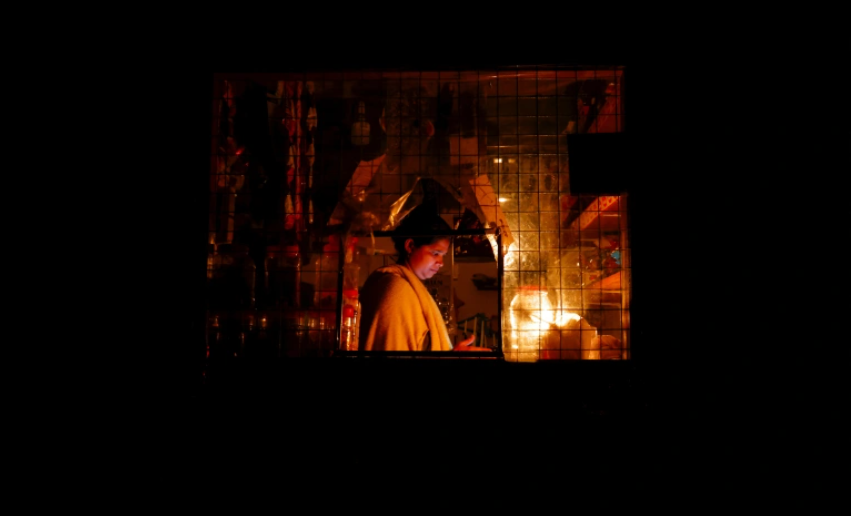Sri Lanka has announced nationwide 13-hour daily power cuts from Thursday and more hospitals suspended routine surgeries after running out of life-saving medicines, as the cash-strapped island’s economic crisis deepens.
The South Asian nation of 22 million people is in its worst economic crisis since independence in 1948, sparked by an acute lack of foreign currency to pay for even essential imports.The state electricity regulator said it was extending Wednesday’s 10-hour power cut by another three hours from Thursday, enforcing a 13-hour rolling nationwide blackout.
The Indian Ocean island nation had been under severe electricity rationing since the start of the month and the monopoly said an earlier increase in power outages from seven hours to 10 hours was imposed because there was no oil to power thermal generators.
More than 40 percent of Sri Lanka’s electricity is generated from hydropower, but most of the reservoirs were running dangerously low because there had been no rains, officials said.
At least two more hospitals reported suspending routine surgeries because they were dangerously low on vital medical supplies, anaesthetics and chemicals to carry out diagnostic tests, and wanted to save them for emergency cases.
The country’s biggest medical facility, the National Hospital of Sri Lanka in the capital, said it had also stopped routine diagnostic tests. An official added, however, that the facility continued to receive power supply from the national grid.
The country’s electricity regulator has urged more than a million government employees to work from home to save fuel.
“We made a request to the government to allow the public sector, which is about 1.3 million employees, to work from home for the next two days so we can manage the fuel and power shortages better,” Janaka Ratnayake, chairman of the Public Utilities Commission of Sri Lanka, told Reuters news agency.
Amid the country’s worst economic crisis in decades, foreign exchange reserves have fallen by 70 percent in the past two years and were down to a paltry $2.31bn as of February, leaving Sri Lanka struggling to import essentials, including food and fuel.
The drawn-out power cuts on Wednesday were partly caused by the government’s inability to pay $52m for a 37,000-tonne diesel shipment that was awaiting offloading, Ratnayake said.
“We have no forex to pay,” he said, warning of more power cuts over the next two days. “That is the reality.”











